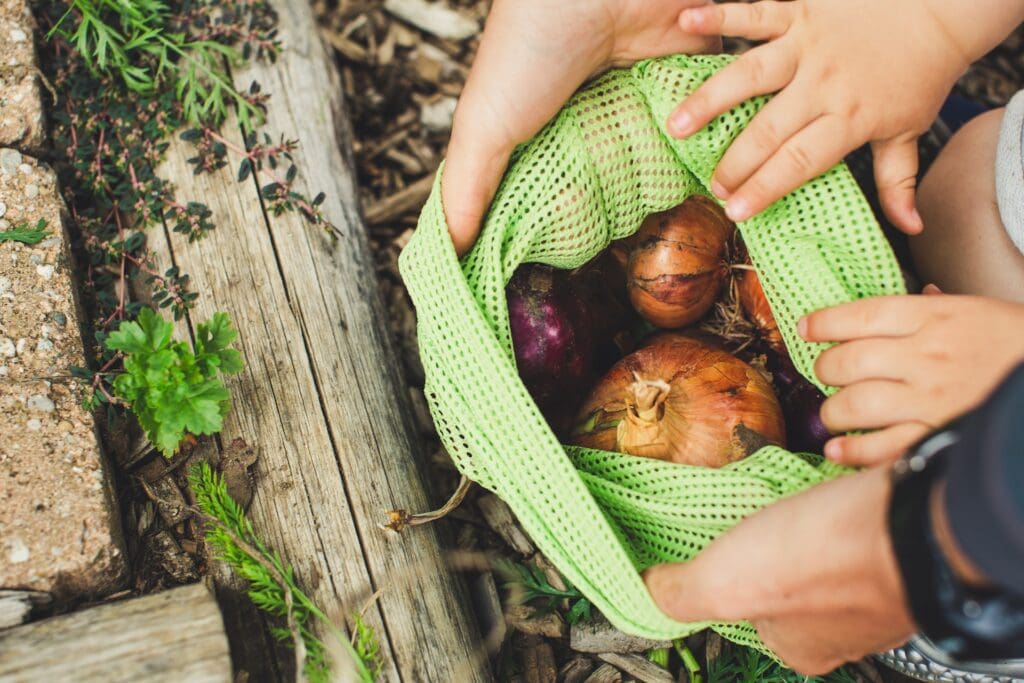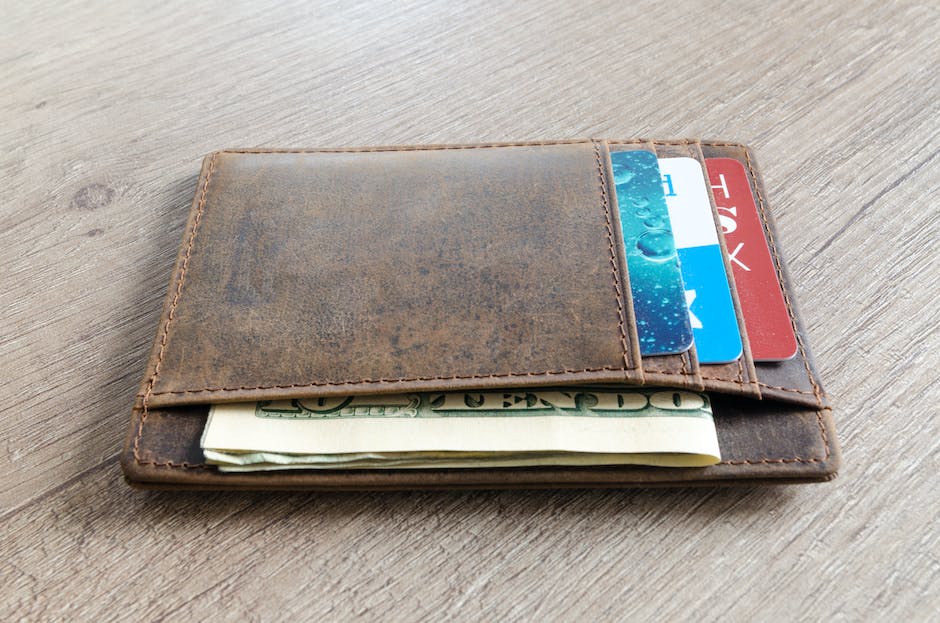In a world increasingly burdened by the consequences of excessive waste and environmental degradation, the call for change echoes louder than ever.
Embracing a zero waste lifestyle isn’t merely a trendy choice; it’s a profound commitment to a sustainable future.
In this exploration of eco-conscious living, we delve into the pivotal question: Why does living a zero waste lifestyle matter?
Beyond the trendy buzzwords, we’ll uncover the undeniable impact of our daily choices on the planet.
From reducing our carbon footprint to preserving ecosystems and fostering a more mindful relationship with consumption, the journey towards zero waste isn’t just an individual endeavor—it’s a collective responsibility that holds the key to a healthier, more harmonious world for generations to come.
Let’s jump in and choose a life with less waste.

Why Does Living a Zero Waste Lifestyle Matter?
The Growing Issue of Waste
It’s no secret that the amount of waste we produce as a society is reaching alarming levels. From single-use plastics to excessive packaging, our consumption habits are taking a toll on the planet. But what exactly is a “Zero Waste lifestyle,” and why should we care?
Defining Zero Waste
Zero Waste is a philosophy and lifestyle that aims to minimize waste generation and move towards a circular economy. It involves reducing, reusing, recycling, and composting to divert waste from landfills and incinerators. The goal is to send nothing to landfill and instead promote the conservation of resources.
The Environmental Impact
Living a Zero Waste lifestyle is crucial for mitigating the environmental impact of excessive waste generation. Let’s explore the key reasons why it matters:
1. Reducing Pollution
When waste is not properly disposed of, it can pollute the air, soil, and water. The decomposition of organic waste in landfills releases harmful greenhouse gases like methane, contributing to climate change. By minimizing waste, we can directly reduce these emissions and combat pollution.
2. Conserving Resources
Many of the products we consume require the extraction of natural resources, leading to habitat destruction, soil erosion, and biodiversity loss. By embracing a Zero Waste lifestyle, we reduce our reliance on extracting new resources and promote resource conservation.
3. Protecting Wildlife
Marine life suffers greatly from plastic waste, as it often ends up in our oceans. Animals can mistake plastic for food or get tangled in debris, resulting in injury or even death. By adopting a Zero Waste lifestyle, we help protect wildlife by preventing the pollution of their habitats.
The Personal Benefits
While the environmental impact is a significant reason to embrace Zero Waste, there are personal benefits as well:
1. Financial Savings
When we reduce our consumption and choose reusable alternatives, we often save money in the long run. Whether it’s by opting for a reusable water bottle, using cloth shopping bags, or buying in bulk, small changes can add up to significant savings over time.
2. Healthier Lifestyle
Many disposable products contain harmful chemicals that can leach into our bodies and negatively impact our health. By switching to sustainable, non-toxic alternatives, we create a healthier environment for ourselves and future generations.
3. Building a Sustainable Future
Living a Zero Waste lifestyle is about taking personal responsibility and being part of a global movement for a more sustainable future. By leading by example and inspiring others, we can create positive change in our communities and beyond.
Practical Tips for Living Zero Waste
Now that we understand the importance of a Zero Waste lifestyle, let’s explore some practical tips to get started:
- Reduce single-use plastics by using reusable water bottles, coffee cups, and shopping bags.
- Compost organic waste to divert it from landfills and create nutrient-rich soil for gardening.
- Buy in bulk and bring your own containers to reduce packaging waste.
- Repair and repurpose items instead of buying new ones.
- Support businesses and brands that prioritize sustainability and minimize waste.

Embracing the Zero Waste Journey: A Simple Guide
Understanding the Zero Waste Principle
Zero waste might sound intimidating, but is it? It focuses on producing as little trash as possible, valuing recyclability and sustainability. It’s not about achieving perfection, but making better choices – one at a time.
Is it about recycling?
Recycling’s part of it, but it’s not the whole picture. The zero waste philosophy nurtures a ‘refuse, reduce, reuse, recycle and rot’ mindset, in that order! Each is a step we can take towards cutting down our environmental footprint.
Step into the Zero Waste Lifestyle
Developing a zero waste lifestyle doesn’t happen overnight. So where exactly do we start?
The ‘Refuse’ approach
The first step is to “refuse” – that is, to avoid products that don’t align with our newfound ethos. This can be anything from refusing plastic bags at checkout to declining the use of disposable straws.
Reduction through conscious consumption
Reducing consumption means to reevaluate our needs and limit our purchases to what’s necessary. This could mean choosing items with less packaging or opting for second-hand items instead of buying new.
Reusing to the max
Next comes ‘reuse’. Choose reusable options over disposable ones – think tote bags or metal water bottles. And don’t rush to replace broken items – consider repairing them first!
Recycling and Rotting
Lastly, we address ‘recycle’ and ‘rot’. Ensure to separate recyclables from your waste and make use of your local recycling system. For organic material, consider composting at home.
Getting into the Habit
Journeying towards a zero waste lifestyle involves a shift in mindset. Asking yourself questions before a purchase may become a steady habit. For instance, “Do I need this?” or “Is there a less wasteful alternative?” can guide more conscious purchasing.
Transitioning your Home
Want to begin this lifestyle journey within your home’s four walls? Here are some practical swaps you can make today!
- Shift from paper towels to reusable cloth rags
- Use bar soaps and shampoos instead of those in plastic containers
- Opt for refillable containers for liquid items
- Transition to digital options for books and bills
References
| Sources: |
|---|
| 1. Johnson, B. (n.d.). FAQ. Zero Waste Home. Retrieved Mai 24, 2022, from https://www.zerowastehome.com/about/faq/ |

Unlocking the Advantages of a Zero Waste Lifestyle
A Different Approach to Conservation
What if I told you you could play a significant role in saving the environment and enhance your personal wellbeing at the same time? Sound appealing yet challenging? Enter an innovative lifestyle: the zero waste lifestyle. But, how does this innovative approach benefit you? Hang tight as we delve into what this lifestyle has in store for you.
Discovering The Impact On Your Wallet
You Save More Than You Might Think
You might view moving towards a zero waste lifestyle as a costly endeavor. Yet, if we were to paint an accurate picture, the reality might just surprise you. Without focusing on purchasing excessively packaged goods or disposable products, saving becomes a direct outcome. It’s a strategy that pays in the long run. What if we could pin it down to your savings? Just consider an example:
| Comparison | Cost |
|---|---|
| Bottled water vs Tap water | The difference is astronomical. A faucet filter comes with a significantly lower cost per gallon compared to bottled water1. |
The Health Angle
A Lifestyle That Champions Your Health
Looking for another reason to consider a zero waste lifestyle? Let’s focus on your health, the wealth most of us take for granted. With the gravitation towards organic and non-processed items, your body gets what it needs, not excess sugars, preservatives or additives. Your diet, therefore, becomes naturally healthier, energizing you for the challenges of daily life2.
Sparking Creativity and Innovation
Still wondering about the benefits? You become an innovation machine. Remember, the zero waste lifestyle isn’t just about what you don’t do, but what you can do. Imaginative DIY projects might just become your new favorite pastime. Homemade deodorants, toothpaste, cleaners – the list is endless and the savings, significant3.
- Business Insider – Bottled Water vs. Tap Water
- WebMD – Risks of Processed Foods
- Grow Ensemble – The Art of Zero Waste Living
- NCBI – Health Implications of a Zero Waste Lifestyle

Financial Benefits Of A Zero-Waste Lifestyle
Economic Stability in the Face of Uncertainty
You might not see it on the surface, but adopting a zero-waste lifestyle can cushion us against unpredictable market situations.
Reduced Dependence on Imports
A zero waste lifestyle often calls for local and sustainable products, thus lessening our dependence on imports. When we depend less on imported goods, our economy is less affected by price fluctuations and supply chain disruptions on the global stage[1].
- A stronger local economy as demand shifts towards local and sustainable goods.
- Less exposure to price hikes and supply chain disruptions on a global scale.
Resilience in Times of Crisis
When waste is minimized, societies can adapt more effectively in times of crisis. It’s a creative solution in landscapes where resources suddenly become more scarce or inaccessible[2].
- Enhanced problem-solving abilities with a mindset of using what you have effectively.
- Increased resilience in emergencies where resources might be limited.
Education and Empowerment at a Wide Scale
Perhaps it’s a less obvious benefit, but the economic potential in individual and societal education around zero-waste practices is huge.
Building Skills for the Future Economy
When we encourage zero-waste, we’re teaching ourselves and our children to think resourcefully and innovatively. These are skills employers in the increasingly eco-conscious future economy will value[3].
- Employees with a working knowledge of sustainability will be an asset as companies go green.
- Youth empowerment to make economic and ecological decisions.
Enhanced Tourism
Tourism is an essential part of many local economies and becoming ‘zero waste’ can amplify a location’s attractiveness.
Eco-Tourism and Green Image
A place known for its sustainable practices can attract the growing demographic of eco-conscious travelers[4].
- Boost to local economies through ecotourism.
- Enhanced national image promoting green initiatives.
[1] Avery, G. (2019). Economic and Social Benefits of Sustainable Local Produce. *Local Food Markets*. Retrieved from https://www.localfoodmarkets.org/
[2] Mangla, S., Sharma, M. (2020). Pandemic, Panic, and Plastic Waste. *Science*. Retrieved from https://www.sciencemag.org/
[3] Singh, A., (2020). Future Skills: The Benefits of sustainability education. *Education Weekly*. Retrieved from https://www.edweek.org/
[4] Camp, E. (2018). Zero waste tourism: a new trend worth watching. *The Tourism Magazine*. Retrieved from http://www.thetourismmagazine.com/
Economic Stability Amidst Uncertainty
Embracing a zero-waste lifestyle provides a buffer against volatile market scenarios. Using local and sustainable products lessens our reliance on imports, fostering a robust local economy. Hence, our local market becomes less susceptible to global price changes and supply chain disruptions.
Resiliency During Crises
In times of crisis, societies can adapt more efficiently when waste reduction is prioritized. The zero-waste lifestyle cultivates problem-solving and efficient resource usage, crucial during emergencies when resources could become scarce.
Widespread Education and Empowerment
One might overlook the economic impact of large-scale education on zero-waste practices, which empowers individuals, equipping them with the relevant skills for tomorrow’s economic landscape. This knowledge lets them make decisions that are both economically and ecologically sound.
Boosted Tourism
Tourism, a major contributor to numerous local economies, can prosper further through a zero-waste lifestyle. Locations known for sustainable practices attract eco-minded travelers, improving the local economy and the national image.
In summation, the zero-waste lifestyle offers economic benefits beyond personal savings. It helps construct a stronger, more resilient, and sustainable future, brimming with prosperity.





